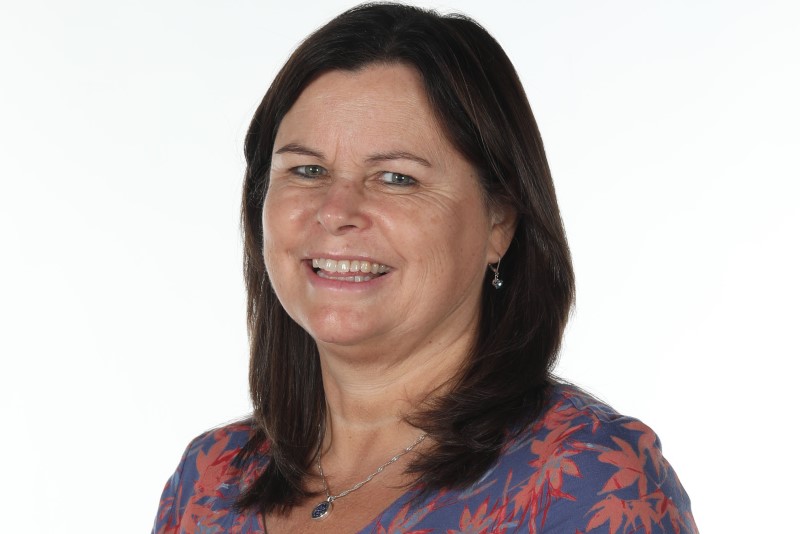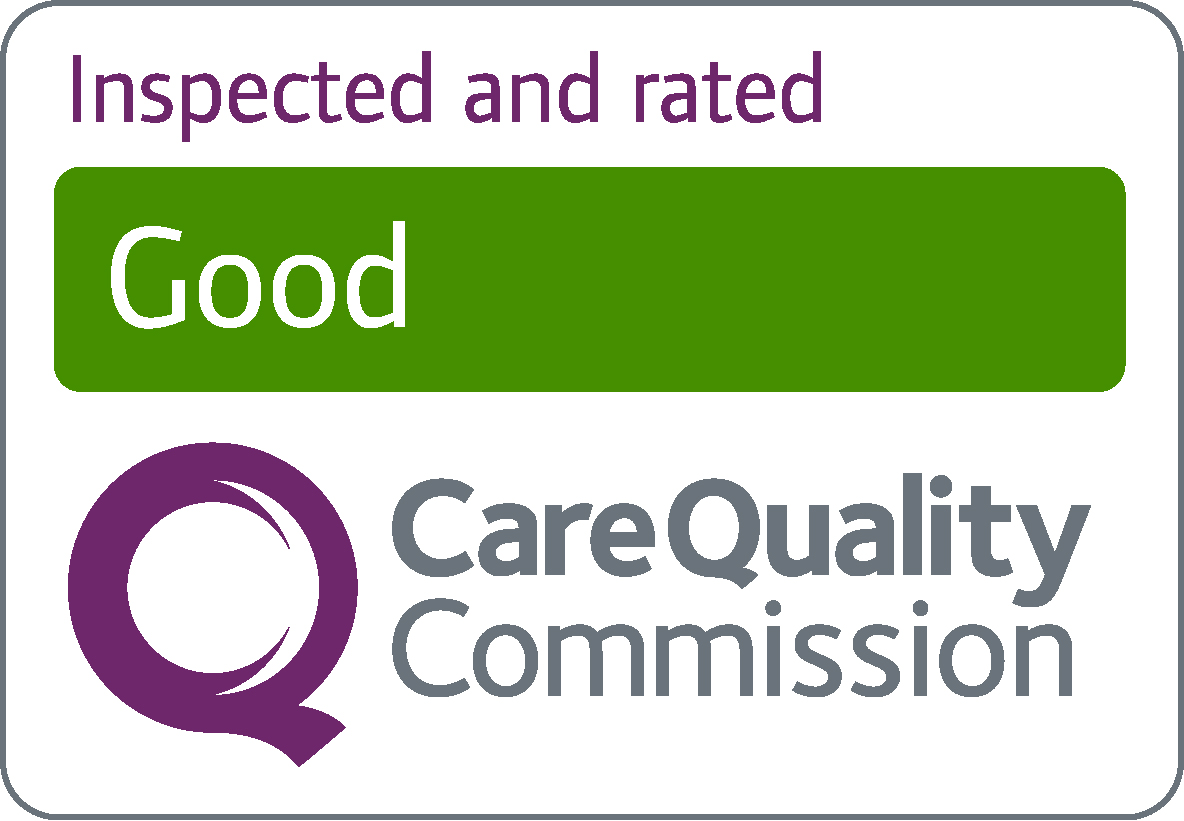Ali to co-chair global project
Date of release: 27 January 2025
A physiotherapist in Wolverhampton passionate about research is going global after being invited to co-lead a project to develop stroke recovery and rehabilitation for patients worldwide.

Dr Ali Aries, Allied Health Professions Research Lead at The Royal Wolverhampton NHS Trust and Senior Lecturer at Keele University
Dr Ali Aries, Allied Health Professions Research Lead at The Royal Wolverhampton NHS Trust and Senior Lecturer at Keele University, will co-chair a prestigious International Stroke Recovery and Rehabilitation Alliance (ISRRA) Roundtable.
This International Roundtable will focus on sensory recovery after stroke. The group hopes to influence clinical guidelines and practice for stroke rehabilitation.
The Roundtable is titled: Somatosensory interventions to improve sensory capacity, sensorimotor control and function after stroke.
Ali, based at New Cross Hospital, is one of 16 experts and emerging researchers from countries including Australia, Canada, the United States, South Africa, Belgium, Sweden and Holland.
Ali and co-chair Professor Leeanne Carey from La Trobe University and Head, Neurorehabilitation and Recovery, The Florey, Melbourne, Australia, have been selected after a competitive process to lead one of four 2024-26 ISRRA Roundtables.
Leeanne is arguably the world’s most high-profile researcher in this field. Ali and Leeanne will be supported by Dr Sue Hunter, Emerita Reader, Keele University.
The group – which also includes one patient advisor – will meet monthly remotely for the next 18 months and in person, probably at the UK Stroke Forum in Aberdeen in November.
This is where the group will present its findings to the ISRRA committee and the other three Roundtable groups.
“I’m thrilled to be involved in this,” said Ali, a mum of two who is a survivor of cancer.
“I’m passionate about what I do to help patients, with evidence-based sensory rehabilitation and patient and public involvement at the heart of it.”
Ali uses a technique called Mobilization and Tactile Stimulation (MTS) which involves massage and stretching of joints and muscles, facilitating selective movement in areas of the body affected by the stroke.
This treatment has transformed the lives of some stroke patients.
“In a trial for my PhD, approximately eight of the 34 participants told me they thought they would not have walked again if they had not been in the trial,” added Ali.
“I would like to change the guidelines; they talk about repetition and building motor skills but there’s nothing about sensory input”.
“This could potentially make a big difference to people who have had a stroke.”
The co-chair roles are not funded but Ali is hoping to secure funding from the National Institute for Health and Care Research to support a collaborative visit to Australia to work with prominent researchers in Adelaide, Brisbane, Melbourne and Sydney.
The Roundtables aim to build worldwide consensus to progress and develop stroke recovery and rehabilitation.
This Roundtable’s aims are to review the evidence supporting somatosensory assessment and rehabilitation post-stroke to inform clinical guidelines, establish consensus recommendations in the field, and work with stakeholders to plan future research.
ENDS
- For further information, please call Tim Nash on 07714 741097 or email tim.nash2@nhs.net

